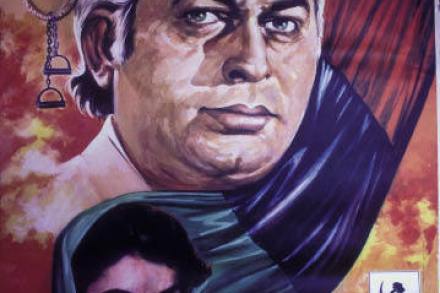Odd men out
The first game played by the Allahakbarries Cricket Club at Albury in Surrey in September 1887 did not bode well for the club’s future. The first game played by the Allahakbarries Cricket Club at Albury in Surrey in September 1887 did not bode well for the club’s future. One player turned up wearing pyjamas, another held the bat the wrong way round while a third — a Frenchman — thought the game had finished every time the umpire called ‘Over’. The Allahakbarries were skittled out for just 11 runs and under the circumstances it seemed entirely appropriate that the team’s name should have been derived from the Moorish phrase for




















